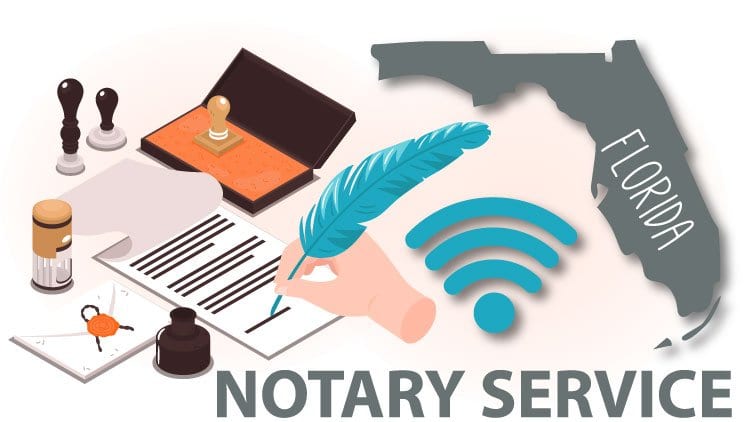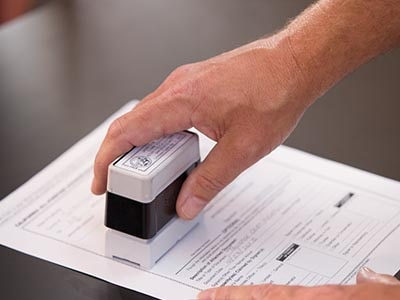Debunking Notarial Job: Streamlining the Role and Value of Notaries
In the intricate web of legal paperwork and verification, notaries stand as pillars of assurance and authenticity. Their duty, often shrouded in enigma for many, brings significant weight in ensuring the validity and stability of crucial files. As guardians of validity and reality, notaries play a crucial part in our culture, yet their job is not always fully recognized. By deciphering the intricacies shedding and bordering notarial practices light on the value of their acts, a clearer understanding emerges of the important function notaries play in supporting the fabric of lawful and contractual agreements.
The History of Notarial Job
Just how did notarial job progress in time to come to be an important part of legal and service transactions? The background of notarial job days back to old worlds, where scribes played an essential role in videotaping vital details and validating files. As cultures advanced, the demand for a much more formalized system to ensure the legitimacy of contracts developed. This led to the advancement of notaries, individuals assigned by the state to function as unbiased witnesses in lawful issues.
During the Middle Ages, notaries gained importance in Europe, with their functions increasing to include preparing lawful records, accrediting trademarks, and protecting documents. The surge of international profession further highlighted the importance of notarial operate in confirming contracts and agreements throughout borders.
In the modern era, notaries continue to play a crucial duty in lawful and organization transactions by verifying identities, confirming the authenticity of files, and stopping scams. Their function in accrediting the credibility of contracts adds a layer of safety and trust fund to the ever-evolving landscape of business and regulation.

Responsibilities and Obligations of Notaries
Notaries play an essential function in validating the authenticity of files and the identification of signatories. One of their main responsibilities is to witness the signing of crucial documents, such as wills, agreements, and deeds, to ensure that all celebrations are getting in right into agreements intentionally and willingly.
In addition, notaries are charged with administering affirmations and oaths, which are essential in legal process and the implementation of testimonies. They certify copies of original papers, giving guarantee to institutions that the copies hold true reproductions of the originals. Notaries have to keep accurate documents of all transactions they supervise to guarantee transparency and responsibility. Generally, the duties and responsibilities of notaries are vital in securing the stability and validity of different papers and deals.
Notarial Certificates and Signatures
Exhibiting careful interest to detail, notarial certifications and trademarks work as important components in validating the credibility of lawful files. Notarial certificates commonly include vital details such as the day of notarization, the names of the notaries, a summary of the paper, and the notary's main seal. These certificates provide a clear record of the notarial act, ensuring that the record can be quickly recognized and mapped back to the notary who looked after the process.
Signatures play a crucial function in notarial job, as they symbolize the agreement and authorization of the parties entailed. Notaries thoroughly witness the finalizing of papers to confirm the identification of the notaries and validate that they are signing of their very Bonuses own free choice. By fastening their official seal and trademark to the file, notaries license that the needed procedures have been followed which the document is valid and enforceable.
Basically, notarial certificates and signatures are the trademark of credibility in legal purchases, offering guarantee to all events involved that the records are genuine and binding.
Relevance of Notarial Acts

Notarization Process Discussed
The notarization process generally starts with the individual offering the file to a notary public. Once the identity is confirmed, the notary ensures that the specific signing the document does so voluntarily and without any type of coercion.

Verdict

Notarial certifications normally have essential info such as the day of registration, the names of the signatures, a summary of the document, and the notary's official seal. These certificates offer a clear record of the notarial act, making sure that the paper can be conveniently recognized and mapped back to the notary that oversaw the process.
By affixing their official seal and signature to the record, notaries license that the required treatments have actually been followed and that the paper is enforceable and legitimate.
By validating the identification of the notaries, verifying their desire to get in into the contract, and certifying the date and area of the finalizing, notaries play a crucial role in upholding the legitimacy of lawful papers.After the file is authorized, the notary will certainly attach their official seal or stamp onto the document.
Comments on “Managing Deceased Estate Matters: Advice Through Legal Process”